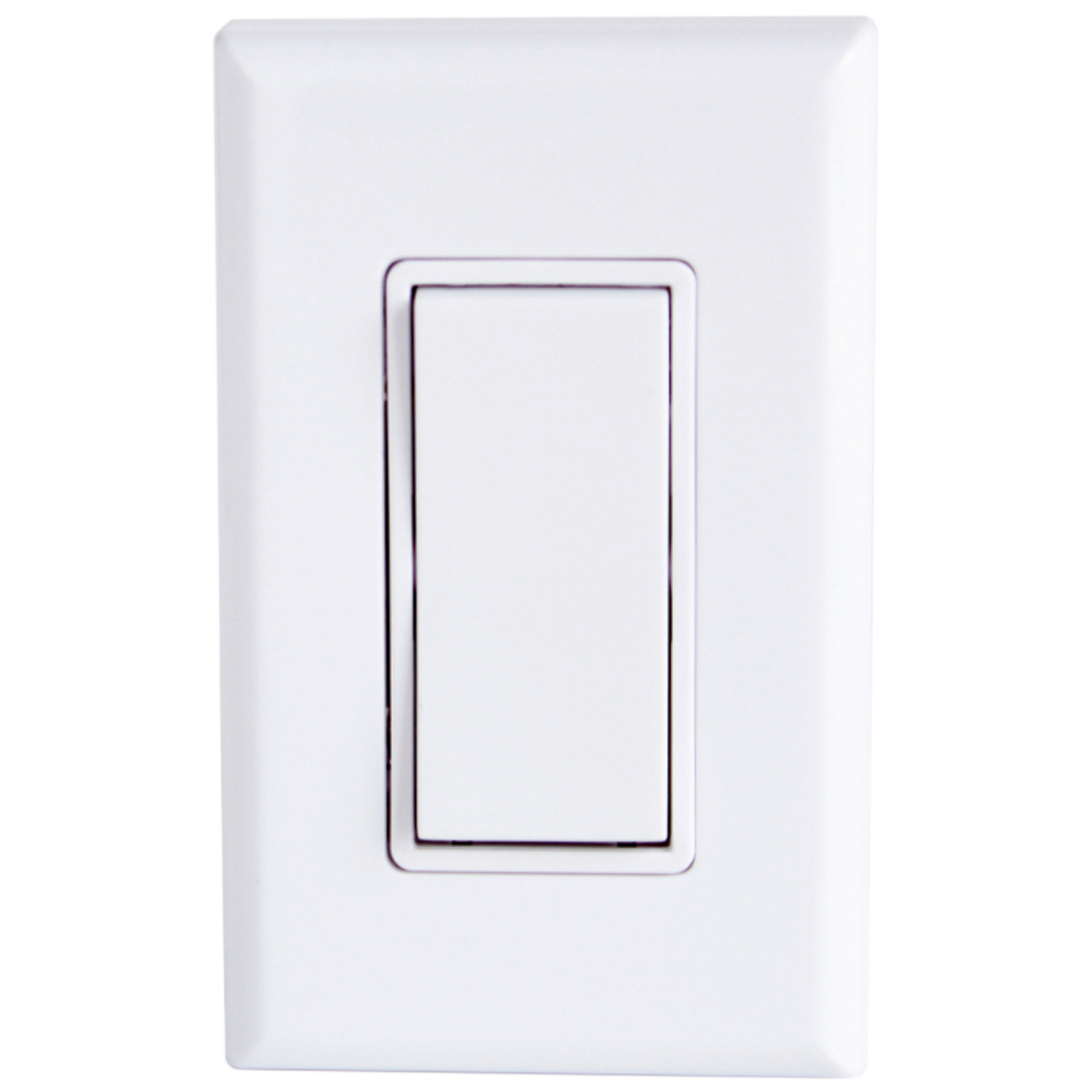As the world of technology continues to advance at an unprecedented pace, the electrical industry is no exception. One of the most significant advancements in recent years has been the rise of wireless technology. For electricians, staying ahead of these trends is not just an option but a necessity to remain competitive and meet the evolving demands of clients. In this article, we'll explore the trends and future advancements in wireless electrical technology and provide insights on how electricians can stay ahead.
The Rise of Wireless Technology in Electrical Work
Wireless technology has revolutionized many aspects of our lives, from communication to home automation. In the electrical field, wireless technology is transforming how we design, install, and interact with electrical systems. Here are some key trends driving this change:
-
Smart Homes and IoT Integration
- The Internet of Things (IoT) is making homes smarter and more connected. Wireless switches, sensors, and controls are at the heart of this transformation, allowing homeowners to manage their lighting, heating, security, and appliances from their smartphones or voice-activated devices.
-
Energy Efficiency and Sustainability
- Wireless technology is playing a crucial role in energy management. Wireless controls can optimize lighting and HVAC systems, reducing energy consumption and contributing to sustainability goals. Electricians can now offer clients solutions that are not only convenient but also environmentally friendly.
-
Retrofit-Friendly Solutions
- One of the biggest advantages of wireless technology is its ease of installation, especially in retrofit projects. Wireless switches and controls eliminate the need for extensive rewiring, making upgrades quicker and less invasive. This is particularly beneficial in older buildings where running new wires can be challenging and costly.
-
Enhanced Safety and Reliability
- Wireless systems often come with advanced features like remote monitoring and diagnostics, enhancing safety and reliability. Electricians can detect issues early and perform maintenance before problems escalate, ensuring that electrical systems are always in optimal condition.
Future Advancements in Wireless Electrical Technology
The future of wireless electrical technology looks promising, with several exciting advancements on the horizon:
-
Advancements in Wireless Power Transfer
- While wireless power transfer is still in its infancy, ongoing research and development are paving the way for more efficient and practical solutions. This could eventually eliminate the need for physical wires in many applications, further simplifying installations and reducing clutter.
-
Artificial Intelligence and Machine Learning
- AI and machine learning are set to revolutionize how we interact with electrical systems. Smart algorithms can learn user behavior and preferences, optimizing energy usage and enhancing the overall user experience. Electricians will need to familiarize themselves with these technologies to stay relevant.
-
Integration with Renewable Energy Sources
- As the demand for renewable energy sources like solar and wind power grows, wireless technology will play a crucial role in managing and distributing this energy efficiently. Electricians will need to be adept at integrating wireless controls with renewable energy systems to meet the needs of environmentally conscious clients.
-
Enhanced Cybersecurity Measures
- With the increasing connectivity of electrical systems comes the need for robust cybersecurity measures. Future advancements will focus on making wireless systems more secure, protecting them from potential cyber threats. Electricians will need to stay updated on best practices and emerging security technologies.
How Electricians Can Stay Ahead
To stay ahead in the rapidly evolving field of wireless electrical technology, electricians should consider the following strategies:
-
Continuous Education and Training
- Investing in ongoing education and training is crucial. Electricians should stay updated on the latest wireless technologies, industry standards, and best practices. Attending workshops, webinars, and industry conferences can provide valuable insights and networking opportunities.
-
Embracing New Tools and Technologies
- Being open to adopting new tools and technologies can give electricians a competitive edge. Familiarize yourself with the latest wireless products and solutions available in the market, and understand how they can benefit your clients.
-
Building Strong Partnerships
- Collaborating with manufacturers and suppliers of wireless technology can provide electricians with access to the latest products and technical support. Building strong relationships within the industry can also lead to valuable referrals and business opportunities.
-
Offering Comprehensive Solutions
- Electricians should aim to offer comprehensive solutions that address the unique needs of their clients. This includes not only installation but also maintenance, troubleshooting, and upgrades of wireless systems. Providing exceptional service can help build a loyal customer base and enhance your reputation.
Conclusion
The future of electrical work is undeniably wireless. By embracing wireless technology and staying ahead of emerging trends, electricians can position themselves as leaders in the industry. The key to success lies in continuous learning, adopting new technologies, and offering comprehensive solutions that meet the evolving needs of clients. As wireless technology continues to advance, the possibilities for innovation in electrical work are limitless, promising a future that is both exciting and full of potential.





Leave a comment
All comments are moderated before being published.
This site is protected by hCaptcha and the hCaptcha Privacy Policy and Terms of Service apply.